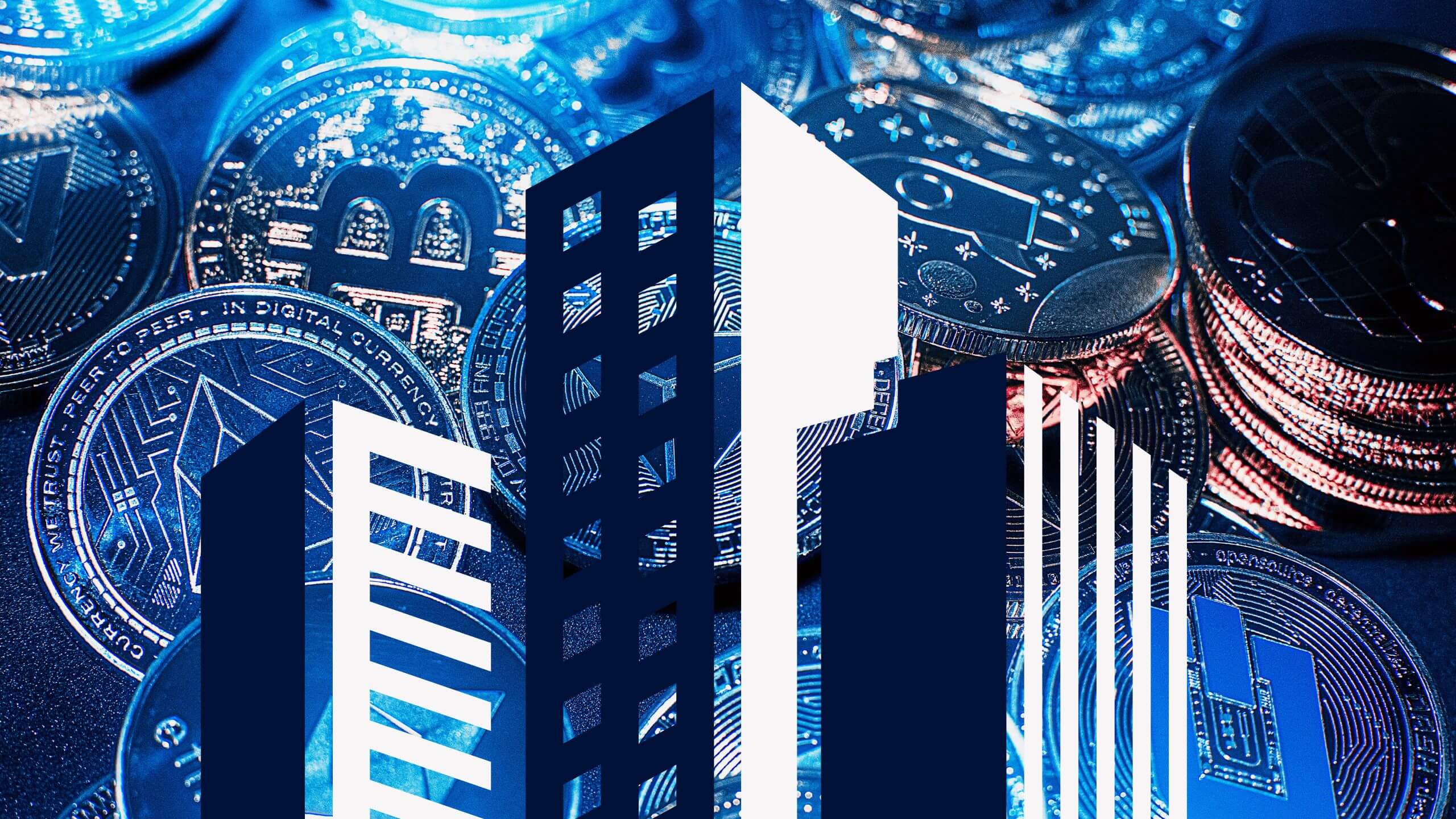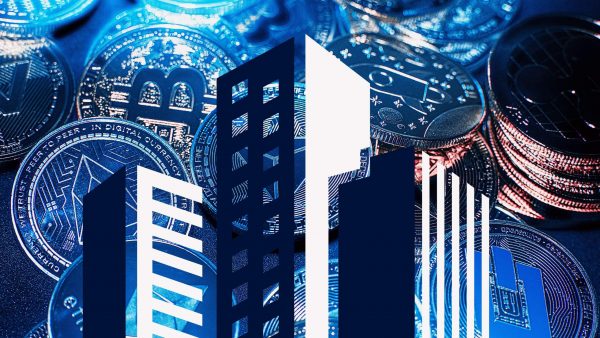Blockchain has shown much promise as a vehicle of radical disruption and positive change in many industries. One of the sectors most likely to benefit significantly from this technology is real estate, especially through the lens of fractional investing. In this article, we’ll take you through the many ways blockchain is reshaping how individuals invest in real estate, making it more accessible than ever before.
Read more about Real Estate
What is Fractional Investing?
Before diving into the blockchain element, it’s essential to understand fractional investing. Traditional real estate investment involves buying an entire property. However, with fractional investing, an investor can purchase just a “fraction” or portion of the property. So, multiple investors can own shares in a single real estate asset, similar to stock shareholders owning parts of a company.
The Role of Blockchain in Fractional Investing
Here’s how the blockchain is powering fractional investing in the real estate industry.
Tokenization of Assets
The core principle that blockchain brings to fractional real estate investing is ‘tokenization’. Each property can be represented as a set of digital tokens on a blockchain. These tokens denote ownership and can be bought or sold. By converting real assets into digital tokens, properties that were once indivisible can now be split into smaller, more affordable units.
Secure and Transparent Transactions
One of the primary advantages of blockchain is its uneditable and transparent ledger. Every token transaction is recorded, ensuring that ownership details are both transparent and resistant to unauthorized changes. This provides enhanced security and trust in the fractional ownership process.
Sign up for the Connect Nigeria daily newsletter
Streamlined Processes
Traditional real estate transactions can be tedious, and require multiple intermediaries such as brokers, title companies, and banks. With blockchain, many of these processes can be automated using smart contracts — self-executing contracts with the agreement directly written into code. This can speed up transactions and reduce associated costs.
Global Market Access
With tokenized properties on the blockchain, real estate investment is no longer confined by geographical boundaries. For example, an investor from Nigeria can effortlessly invest in a fraction of a property located in the United States, bridging the gap between global investors and local real estate markets.
Liquidity Enhancement
Real estate, in its traditional form, is often considered an illiquid asset because it can take a long while to sell a property and access funds. Tokenization makes it possible for property shares to be traded on secondary markets, thus granting investors greater flexibility and liquidity.
The Real-world Application of Blockchain in Property Tokenization
In recent years, a number of platforms have begun harnessing blockchain for fractional real estate investing. These platforms typically allow users to purchase tokens representing fractional ownership in properties. Investors can earn rental income proportionate to their share and can trade these tokens in secondary markets.
Register to attend the CN Business Mixer
Final Words
The fusion of blockchain technology with real estate has opened doors to innovative investment models. Fractional investing, facilitated by blockchain’s ability to tokenize assets, offers a more inclusive and transparent real estate market. As with any emergent technology, there have been issues with it early on, but its potential for democratizing access to real estate investments remains.
Featured Image Source: Coinchange
Got a suggestion? Contact us: [email protected]


